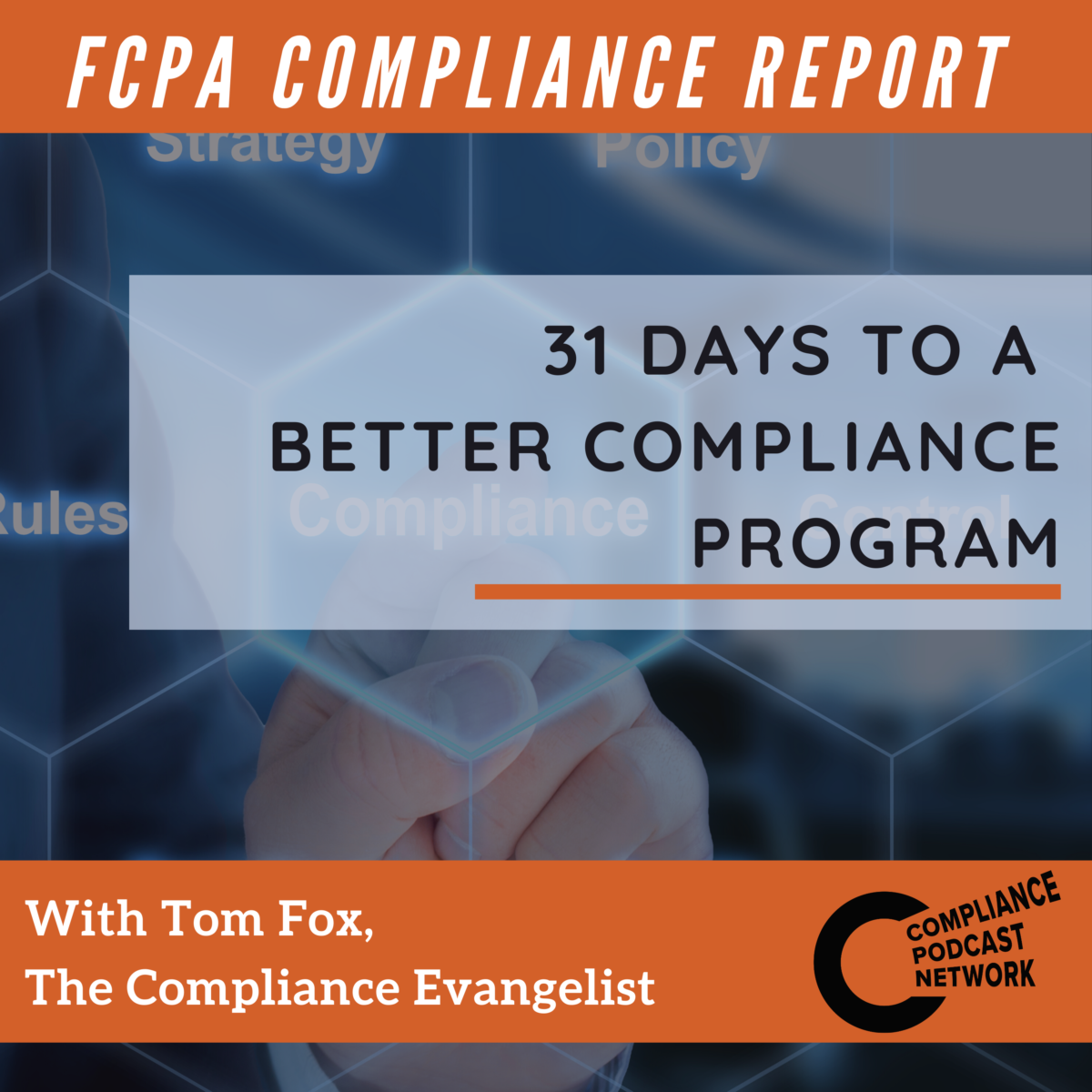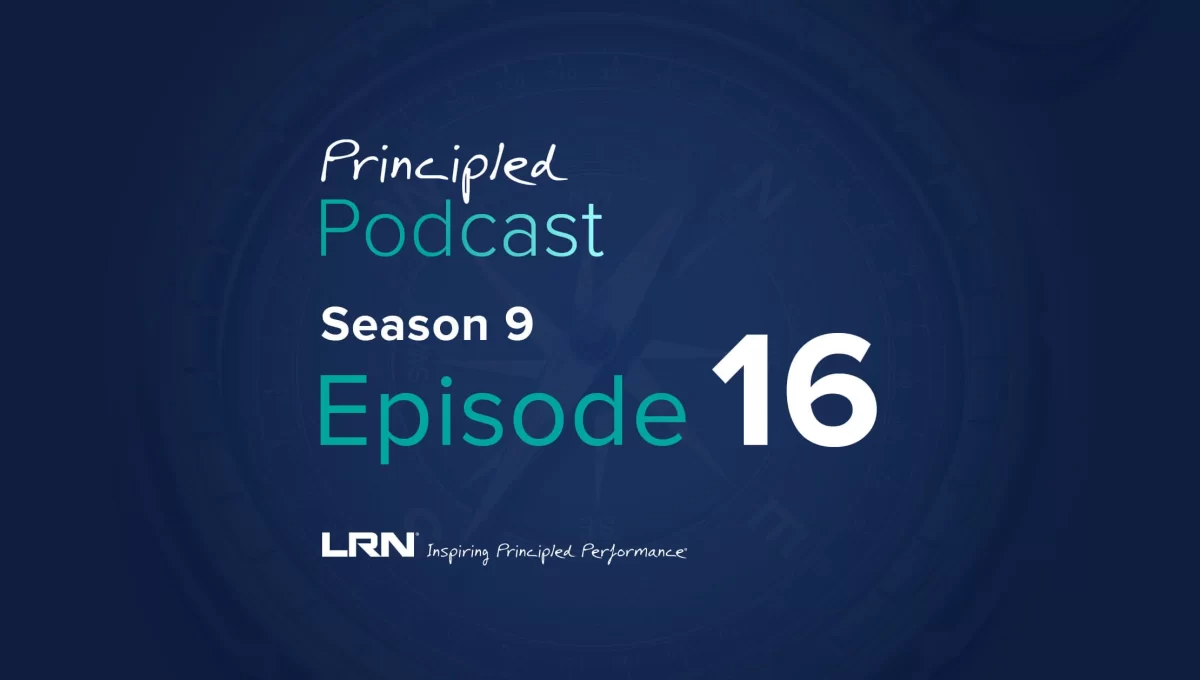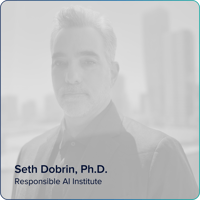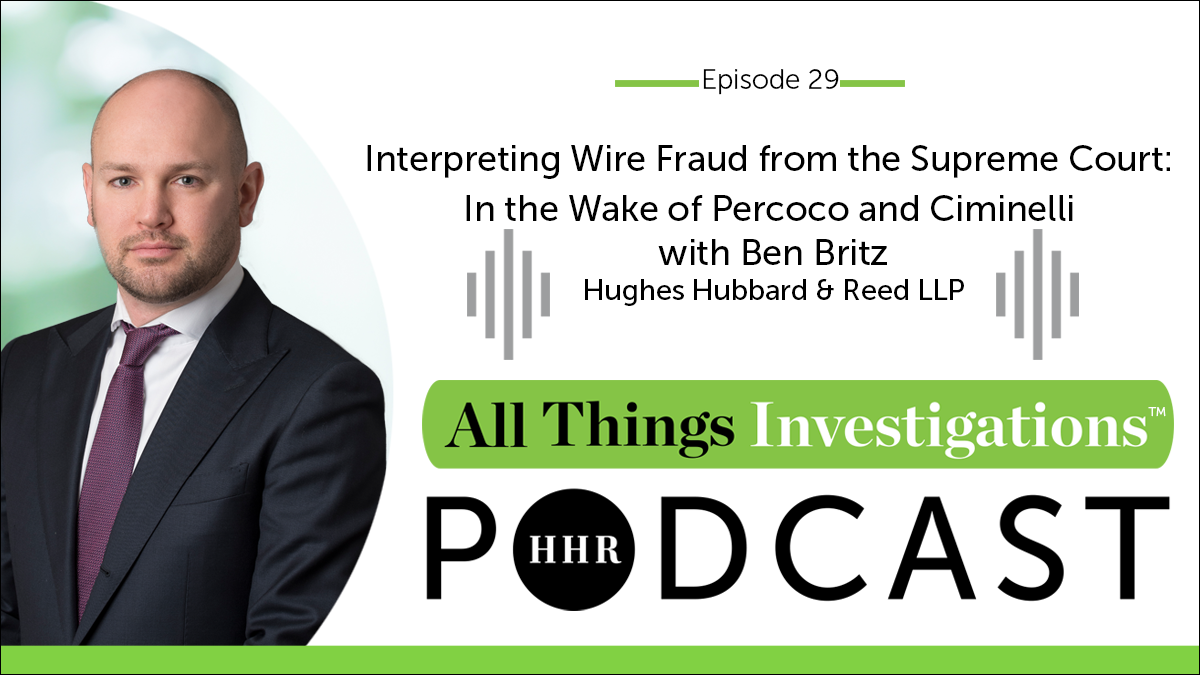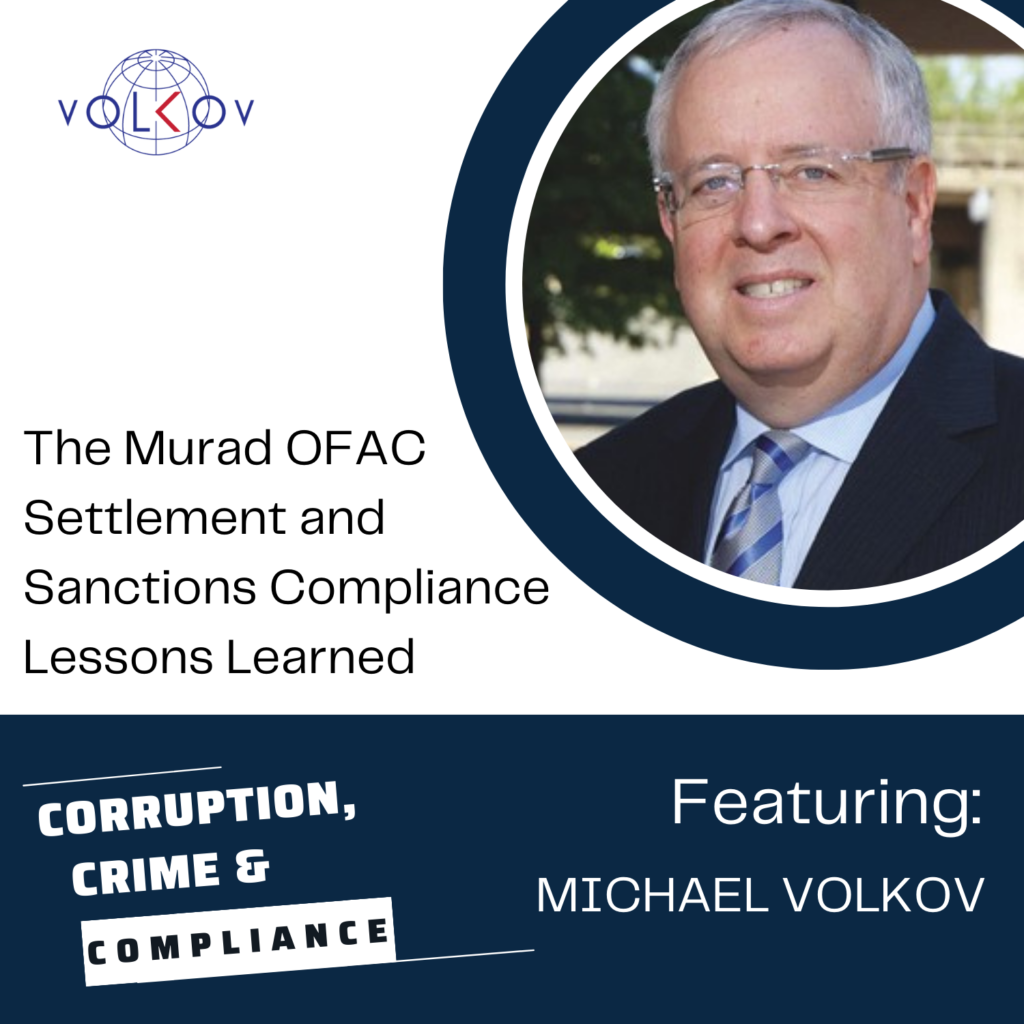As to the specific role of best practices in general compliance and ethics, one can look to Delaware corporate law for guidance. The case of In Re Caremark International Inc., 698 A.2d 959 (Del. S. Ct. 1996) was the first case to hold that a Board’s obligation “includes a duty to attempt in good faith to assure that a corporate information and reporting system, which the board concludes is adequate, exists, and that failure to do so under some circumstances may, in theory at least, render a director liable for losses caused by non-compliance with applicable legal standards.”
In the case of Stone v. Ritter, the Supreme Court of Delaware expanded on the Caremark decision by establishing two important principles. First, the Court held that the Caremark standard is the appropriate standard for director duties concerning corporate compliance issues. Second, the Court found that no duty of good faith forms a basis for director liability, independent of the duties of care and loyalty. Rather, Stone v. Ritter 911 A.2d 362 (Del. S. Ct. 2006) holds that the question of director liability turns on whether there is a “sustained or systematic failure of the board to exercise oversight—such as an utter failure to attempt to assure a reasonable information and reporting system exists.”
The Board has the role of monitoring the performance of the compliance function, including monitoring the performance of it using standard economic metrics and overseeing compliance with applicable laws and regulations. While the Board is not responsible for auditing or ferreting out compliance problems, it is responsible for determining that the company has an appropriate system of internal controls. The Board should also monitor company policies and practices that address compliance and matters affecting the public perception and reputation of the company. Every company should ensure that it conducts appropriate compliance training for employees and conducts regular compliance assessments. Finally, the Board must take appropriate action if and when it becomes aware of a material problem it believes management is not properly handling. The Delaware Supreme Court has expanded this obligation in the cases of Marchand v. Barnhill (the “Blue Bell” case), Clovis Oncology, Hughes, and Boeing.
From the Delaware cases, a Board must have a corporate compliance program in place and actively oversee that function. Further, if a company’s business plan includes a high-risk proposition, additional oversight should exist. In other words, there is an affirmative duty to ask tough questions. However, there has been a significant expansion of the Board’s Caremark obligation. Delaware courts will be much more scrutinizing of Caremark claims going forward. The evolution of decisions from Marchand to Boeing shows that a company must have robust compliance and risk management oversight but, more importantly, engage in oversight for the company’s signature risk(s). Boards must do so aggressively, not passively.
As Mike Volkov has noted, “At the bottom, the Chancery Court is raising the stakes on board member accountability.”
Three key takeaways:
- The Delaware courts have led the way with the Caremark and Stone v. Ritter decisions.
- Boards must have compliance expertise and exercise it.
- In a series of recent decisions, the Delaware courts are expanding the Caremark obligations, most recently.
For more information check out The Compliance Handbook, 3rd edition, available from LexisNexis here.


